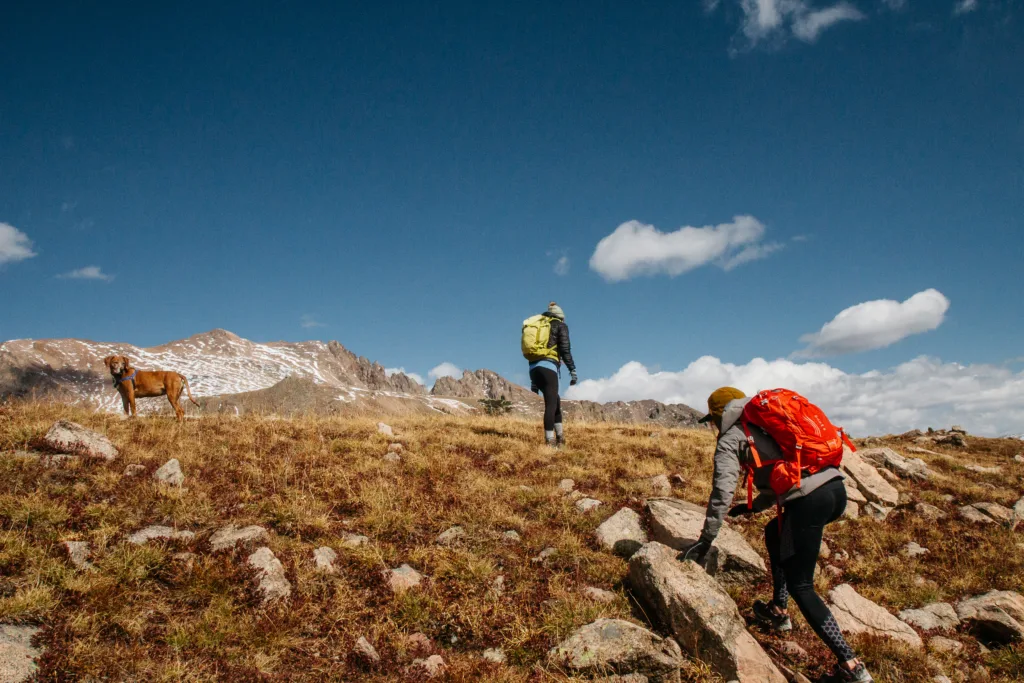Acute mountain sickness (AMS) is a common medical condition that affects individuals who travel to high altitude areas. It is a mild form of altitude sickness that can cuse a range of symptoms, including dizziness, headache, muscle aches, and nausea. AMS is caused by a lack of oxygen in the body due to reduced air pressure at high altitudes.
AMS is a result of the body’s response to the reduced oxygen levels. When a person travels to high altitude areas, their body tries to adapt by producing more red blood cells, which carry oxygen to the body’s tissues. However, the body needs time to adjust to the new altitude, and in some cases, it may not be able to adapt quickly enough. This can lead to AMS.
The symptoms of AMS usually appear within 6-24 hours of arrival at high altitude areas, and they can last for several days. The severity of the symptoms can vary from person to person, and they can be more severe in individuals who have a history of AMS or other medical conditions.
In addition to AMS, there are other forms of altitude sickness that can be more severe and life-threatening. High-altitude pulmonary edema (HAPE) is a condition in which fluid builds up in the lungs, causing difficulty breathing and coughing up pink or white frothy sputum. High-altitude cerebral edema (HACE) is a condition in which fluid builds up in the brain, causing confusion, seizures, and loss of consciousness.
Prevention is the best way to avoid AMS. Individuals who are traveling to high altitude areas should take time to acclimatize to the new altitude by ascending slowly and allowing their body time to adjust. They should also stay well-hydrated and avoid alcohol and sleeping pills, which can worsen AMS symptoms.
AMS is a common medical condition that affects individuals who travel to high altitude areas. It is a mild form of altitude sickness that can cause a range of symptoms, including dizziness, headache, muscle aches, and nausea. To prevent AMS, individuals should take time to acclimatize to the new altitude and stay well-hydrated. However, it is important to seek medical attention if symptoms worsen or if other forms of altitude sickness are suspected.
What Is AMS Symptom?
AMS or Acute mountain sickness is a common condition that affects people who ascend to high altitudes quickly. Its symptoms can be similar to those of a hangover and include dizziness, headache, muscle aches, nausea, fatigue, and difficulty sleeping. In severe cases, AMS can also cause vomiting, loss of appetite, and shortness of breath. It is important to note that AMS can affect anyone, regardless of their age, fitness level, or previous experience with high altitude. Therefore, it is essential to be aware of the symptoms and take precautions when traveling to high-altitude areas.

What Is Altered Mental Status AMS?
Altered Mental Status (AMS) refers to a change in a person’s mental function, which can be caused by various medical conditions affecting the brain. AMS can manifest in different ways, such as confusion, disorientation, difficulty in speaking or understanding language, memory loss, and changes in behavior or mood. It can also result in a loss of consciousness or coma in severe cases. AMS is a serious medical emergency and requires immediate medical attention. The posible causes of AMS are numerous, including head injuries, infections, metabolic imbalances, drug or alcohol abuse, neurological disorders, and other medical conditions. The treatment for AMS depends on the underlying cause and may involve medications, supportive care, and addressing any contributing factors. It’s essential to seek medical attention promptly if you or someone you know experiences any symptoms of AMS.
What Is The Most Common Cause Of AMS In The Elderly?
Altered mental status (AMS) in the elderly is a common occurrence and may be caused by a variety of factors. However, the most common cause of AMS in the elderly is often related to medical conditions such as stroke or infection. Additionally, drug-drug interactions and alterations in the living environment may also contribute to AMS in the elderly population. It is important to note that the underlying cause of AMS may vary from person to person and a thorough evaluation by a healthcare professional is necessary to determine the specific cause in each case.
Conclusion
AMS or Acute Mountain Sickness is a common condition that affects people who ascend to high altitudes. Its symptoms can be similar to a hangover and include dizziness, headache, muscle aches, and nausea. However, AMS can quickly become life-threatening if left untreated, leading to more severe conditions like High-altitude pulmonary edema (HAPE). It’s crucial to seek immediate medical attention if you or someone you know shows signs of AMS or altered mental status. understanding these medical terms and their symptoms can help prevent serious health consequences and ensure a safe and enjoyable mountain experience.
